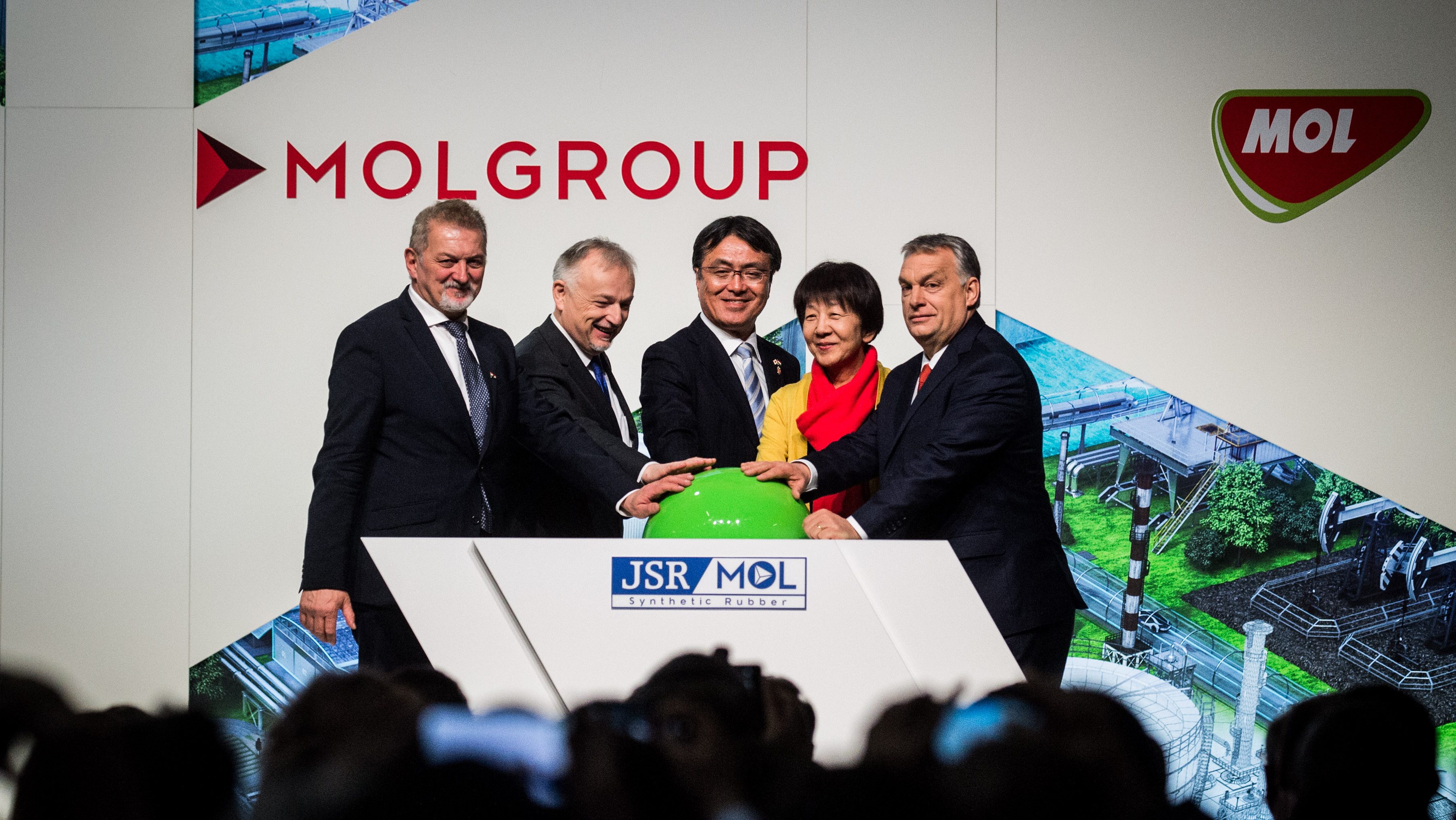
The Prime Minister highlighted in the context of the coming parliamentary elections that the country is facing an important decision, as “projects and developments are only implemented in a country which is safe, which has a secure legal system, where political conditions are predictable, and where the steering wheel is not jerked from right to left”, he argued.
He also said that investments are only implemented in countries where “physical security is available as well”, meaning that there is no threat of terrorism, and public security is not facing major challenges. There will be no immigration in Hungary, Hungary will not become an immigrant country, there will be no acts of terrorism. Large investors can continue to come here, also from abroad, and Hungarian large investors are likewise encouraged to continue their developments, the Prime Minister stressed.

He also confirmed that if they win the April elections, there will be a 4 per cent annual economic growth during the next term of four years as well. In his view, despite the election campaign, no one doubts that Hungary has come a long way in the past few years, and will continue to do so also in the years ahead.
In his speech Mr Orbán described Mol as the number one national company in Hungary, and said that with the inauguration of this plant, Tiszaújváros has taken another step towards becoming Central Europe’s most significant chemical industry centre. In his words, “in Central Europe the future is written in Hungarian”.
Praising Mol, he highlighted that from a national point of view the investments of Mol are the most important. “We like Mol, mainly because it is ours: this is a Hungarian, national company (…), and because we see the hard work of the Hungarian people in it”, he said, adding that Mol is the embodiment of Hungarian work, ambition, enterprise and work discipline.

Mr Orbán mentioned five reasons why he regards Mol as the number one national company: the company provides jobs for 8,000 people in Hungary; it is a significant business actor also by Central European standards; without Mol there is no energy security in the country; it is strong enough to attract large international companies here; and it pays large amounts of money into the Hungarian budget in the form of taxes. “We would like the entire Hungarian economy to be like Mol: big, modern, strong, competitive and Hungarian”, the Prime Minister said.
In his view, the Hungarian economy will be in a state of balance if, in addition to international companies, large Hungarian companies also emerge and gain in strength. “This is the path for the future: the joint investment and development of a large Hungarian company that is a major player in Central Europe and is recognised in the whole of Europe and of an even bigger international company. We would like to see as many of these as possible in the future”, he said about the joint enterprise of Mol and the Japanese JSR.

The Prime Minister also thanked Japan as Japanese companies provide jobs for 25,000 people in Hungary. Regarding the Tiszaújváros synthetic rubber factory, he said that if Mol wishes to implement projects similar to this one in the future, they can rely on the government.
He observed regarding the investments worth HUF 1,300 billion planned by Mol up to 2030 that this sum is higher than the investments of Mercedes and Audi in Hungary combined.

The Prime Minister also spoke about the re-acquisition from Russian investors of Mol stocks a few years ago, highlighting that they finally bought back the Mol share package – after keen negotiations, “expending a great deal of blood, sweat and tears”, “and eventually returning from Moscow praising the Lord” – from Russian President Vladimir Putin re-elected on Sunday “who is most certainly not on the weak international lads’ team”. “If we had not been able to buy the Mol share package back at the time, we would hardly have been able to team up on projects like this (like the one in Tiszaújváros) from Hungarian taxpayers’ money”, Mr Orbán pointed out.
